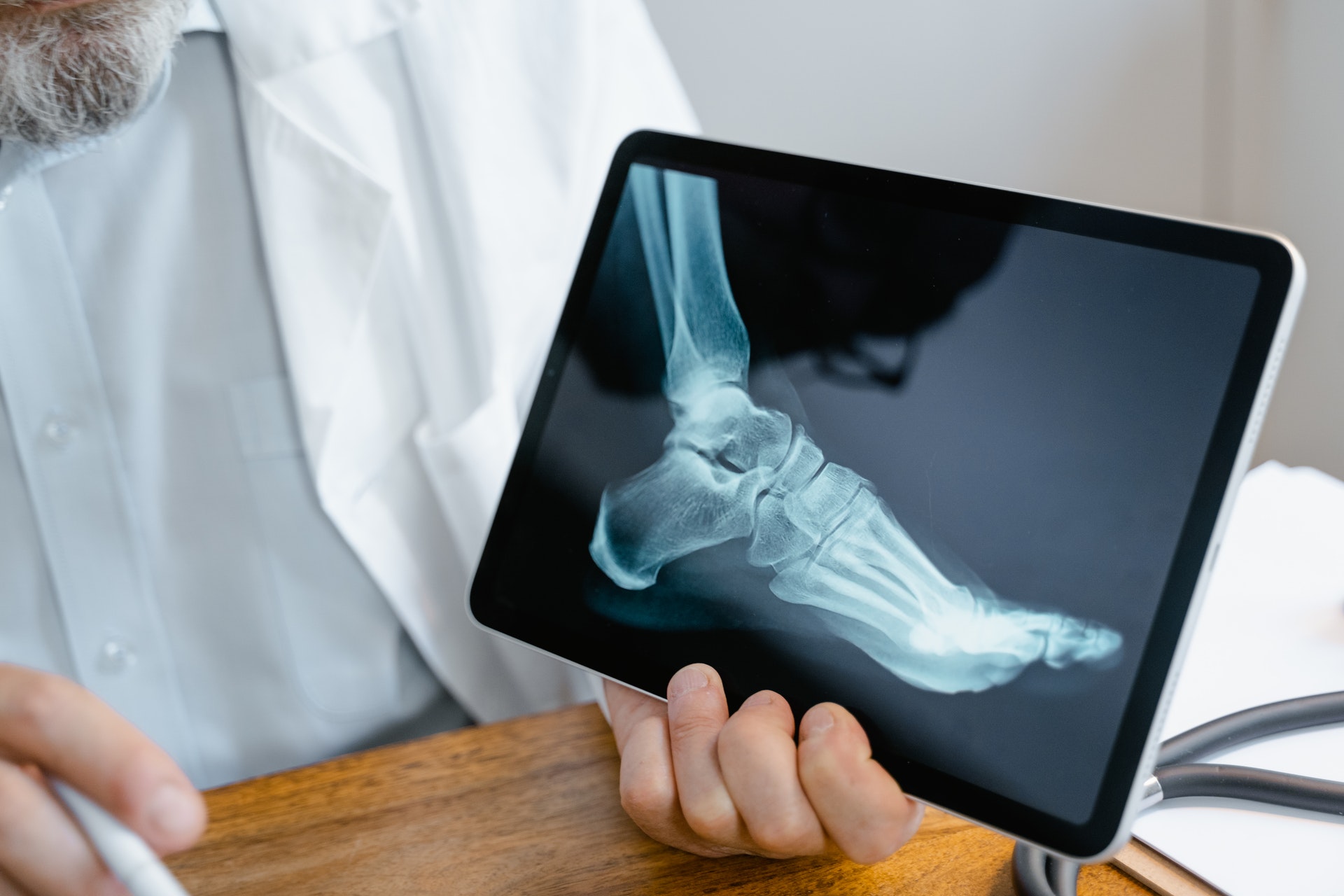Did you know that May is known as National Osteoporosis Awareness & Prevention month? People around the country organize during this time to shed some light on Osteoporosis risk factors, symptoms, and methods of prevention.
What is Osteoporosis?
Osteoporosis causes a person’s bones to become weak and brittle over time due to low bone density. For those with the condition, their body cannot keep up with the loss of old bone and the creation of new bone. Osteoporosis affects all kinds of people but white island Asian women are at the highest risk, especially those that have gone through menopause.
Symptoms of Osteoporosis
Early on, a person with this condition may not see any symptoms associated with bone loss. Sometimes a person may notice receding gums, weaker grip, or more brittle fingernails during the early phases. However, once bones become weak from Osteoporosis, the following symptoms may develop:
- Hunched posture
- Bones that break quite easily
- A decrease in height
- Pain in the back
Risk Factors
There are many risk factors that can cause a person to develop Osteoporosis. Some factors that cannot be changed include a person’s sex, age, racial background, family health history, and body frame size. Additionally, hormones can also play a role if someone has too much or too little of certain ones. This can include sex hormones such as estrogen, thyroid hormones, parathyroid, and adrenal glands.
Dietary factors such as low calcium intake can also lead to diminished bone density, early bone loss, and a higher risk of developing fractures. For people with eating disorders, severe food restrictions can also cause weakness in the bones to occur. Steroids and other medications can also lead to osteoporosis in the body. In fact, medications used to fight against seizures, cancer, and gastric reflux have been associated with this condition in the past.
Harmful Lifestyle Decisions
For those looking to prevent Osteoporosis from occurring, it is important to maintain an active lifestyle. Those that sit or stay sedentary for too long are at higher risk of developing this condition. Weight-bearing workouts and activities such as strength training, walking, and dancing are especially helpful for bone health.
Preventing Osteoporosis Through Nutrition
What you eat can make a big difference in your bone health and well-being. Calcium in particular is an important nutrient that is vital for bone health. Adults should aim to consume 1,000 milligrams of calcium every day between the ages of 18 and 50. Since calcium has been linked to kidney stones in the body, adults shouldn’t exceed 2,000 milligrams a day if they’re over the age of 50.
Some great sources of calcium include:
- Seeds (chia, sesame, poppy)
- Hard, aged cheeses
- Yogurt (plain, low fat)
- Sardines
- Canned salmon
- Beans & lentils
- Almonds
- Whey protein
- Kale, spinach, collard greens
- Calcium-fortified orange juice, cereals, bread
- Tofu
- Cow or goat milk
Vitamin D is also important for bone health as it helps the body absorb calcium. Vitamin D supplements can be helpful for those that don’t get exposed to enough sunlight on a regular basis. Vitamin D can be found in fish products such as cod liver oil, trout, and salmon. You can also find milk fortified with vitamin D.
Exercises that Build Bone Health
Staying active and working out can do wonders for a person’s bone health. Exercise makes bones strong and reduces bone loss over time. For an effective workout regimen, do a combination of strength training, weight-bearing, and balance exercises. This can include lifting weights, walking, climbing stairs, and doing yoga. By doing so, a person’s muscles and bones can build strength throughout the body, while also reducing the risk of falling.
Conclusion
In conclusion, osteoporosis is an important condition to pay attention to for many adults. By closely monitoring potential symptoms, staying active, and consuming important nutrients, osteoporosis risk can be reduced. Osteoporosis is not a normal part of aging and building dense bones early on in life can be a good way to prevent this condition. Taking simple steps to boost bone health can pay off in big ways during the later stages of life.

